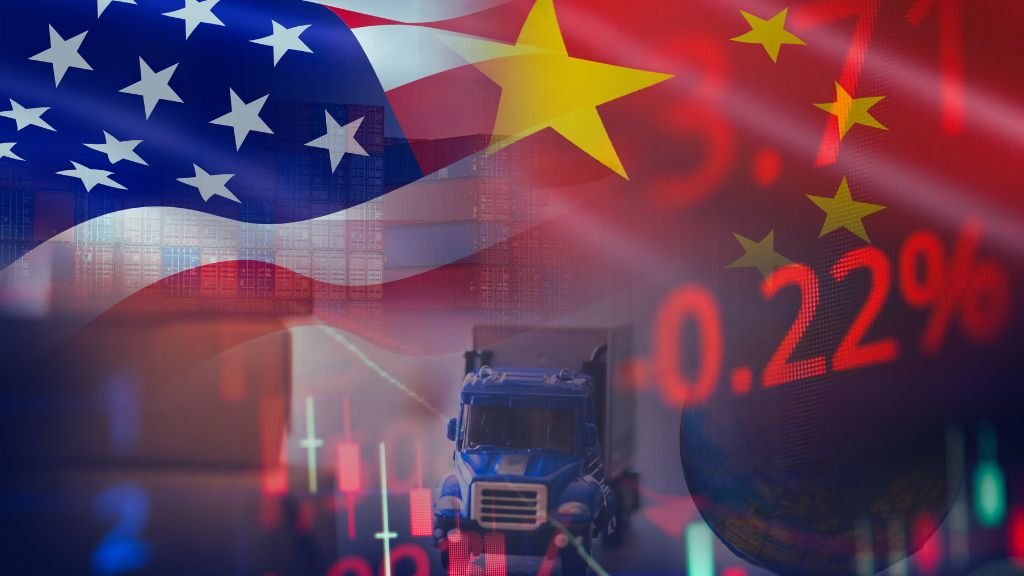
When U.S. President Donald Trump championed his “reciprocal tariffs”, the intention was to shield American industries. Yet, the ripple effects extend well beyond U.S. borders — unsettling global trade flows, investment decisions, and the credit environment. For global markets — and particularly for emerging economies like Nigeria and Africa at large, the consequences are both immediate and long-term.
Global Trade Shocks, African Realities
Tariffs on steel, aluminum, and a wide range of Chinese goods sparked retaliatory measures worldwide. This escalation disrupted supply chains, lifted import costs, and heightened inflationary pressures. While global corporates grapple with rising costs, African businesses face an added challenge: foreign exchange volatility and import dependency. In Nigeria, for instance, manufacturers reliant on imported machinery and inputs are squeezed by both higher dollar costs and weaker naira liquidity.
Exports Under Pressure
Trade tensions also dampen export prospects. Global demand weakens when protectionism rises, and that directly affects commodity-driven economies. Nigeria, still heavily dependent on crude oil (over 80% of export revenues), is vulnerable to any decline in oil demand or pricing volatility. Likewise, African agricultural exporters seeking to expand into U.S. or European markets risk losing competitiveness in an environment of rising trade barriers and cautious consumer spending.
Credit Market Implications
Beyond trade, credit markets are feeling the tremors. Analysts note that tighter credit spreads, inflation, and slower global growth are leaving little room for error. While U.S. corporate defaults may remain stable, emerging markets face a riskier road. For Nigeria and other African sovereigns, this translates into higher borrowing costs in the Eurobond market and closer scrutiny from credit rating agencies. With debt sustainability already a top concern across the continent, trade-related shocks could tilt the balance for vulnerable economies.
Spotlight on China
No country is more central to this story than China. The tariffs aimed at Beijing were intended to force fairer trade terms, but the standoff has been complex and unresolved. China has responded cautiously, balancing retaliation with efforts to keep its economy stable. For credit markets, this means ongoing uncertainty—with both U.S. and Chinese corporate debt exposed to policy swings and geopolitical tensions.
What This Means for Credit Markets
- Rising Input Costs – Importers across markets face higher global prices.
- Tighter Credit Conditions – Emerging-market borrowers, including African corporates, may pay more for external debt.
- Currency Volatility – Trade disruptions amplify FX swings, especially in frontier markets.
- Policy Uncertainty – Both local and international responses to global trade tensions could shift quickly.
Trump’s tariffs are more than a U.S. trade policy; they are a global disruptor. For multinational corporations, they reshape supply chains; for African economies, they highlight vulnerabilities in external trade reliance and credit exposure. For Nigeria, they reinforce a clear message: diversify exports, broaden financing sources, and prepare for an era where global politics weigh as heavily on credit conditions as local fundamentals.








Leave A Comment